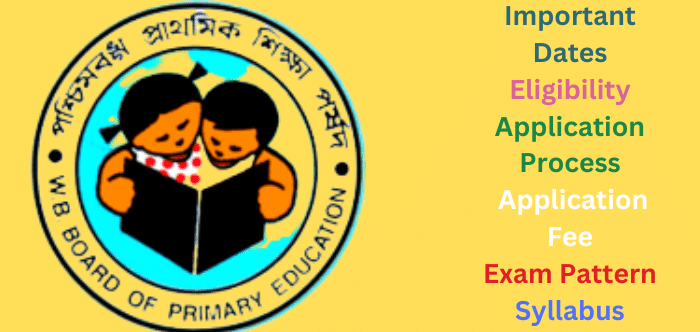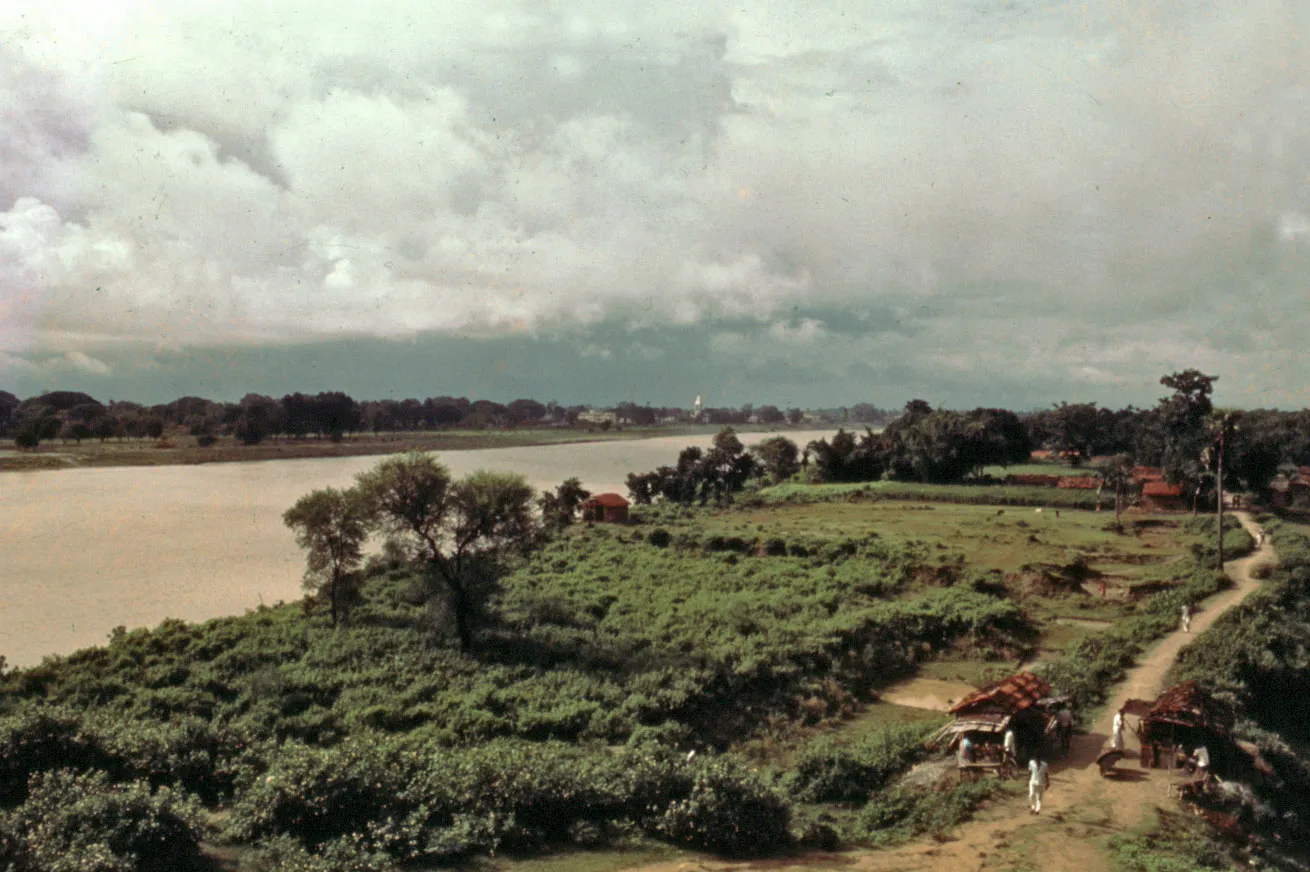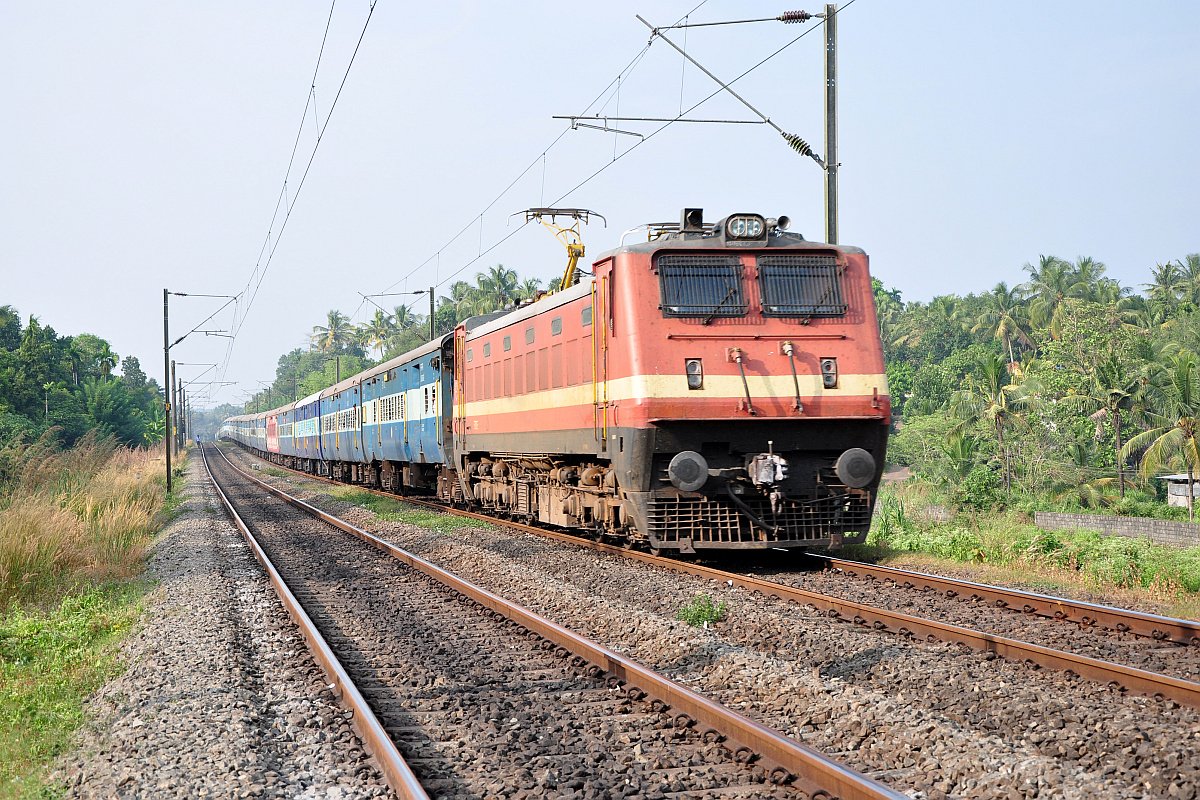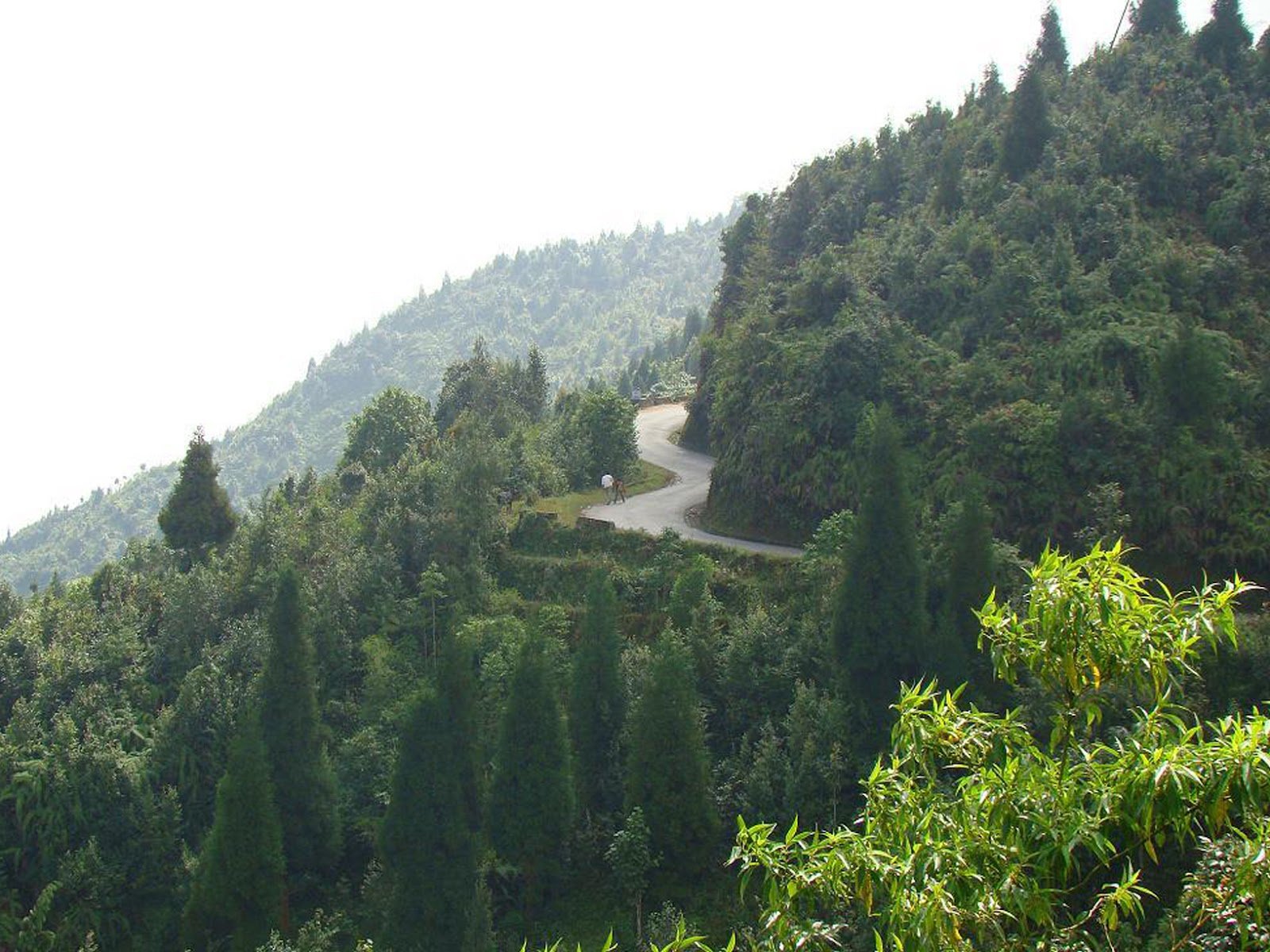
The West Bengal Board of Primary Education, or WBBPE, is a separate and independent body. It oversees the state’s elementary schools and reports to the West Bengal government. Grades 1–5 are covered by the West Bengal Board of Primary Education (WBBPE). The Aloran Initiative collaborates with the West Bengal Board of Primary Education to enhance educational opportunities for elementary school students in the state.
Roles of West Bengal Board of Primary Education
The West Bengal Board of Basic and Primary Education (WBBPE) is one of the state’s education boards; it is in charge of primary education in the state and is responsible for developing curricula, sourcing instructional materials, and putting strategies into place to raise the bar for student learning. The board is committed to providing students with an exceptional education and quickly updates courses to reflect current trends. All schools associated with the West Bengal Board must adhere to the West Bengal Board of Primary Education revisions.
WBBPE Curriculum Details
All of the affiliated schools in West Bengal follow the curriculum and resources prescribed by the West Bengal Board of Primary Education, which includes textbooks. Strategic planning and occasional revisions go into the WBBPE board’s curriculum. The curriculum is well-designed and includes several notable features, such as:
- Lesson summaries at the beginning of each chapter to give students a head start;
- Exercise questions for self-learning and evaluation.
- The development of the WBBPE curriculum takes into account the NCERT curriculum.
- The curriculum places special emphasis on promoting health and environmental consciousness.
- Emphasis is also placed on value education.
20,000 Children Fight Poverty and Trafficking Through IAS Officer’s Free Model
The cause of education has always held a special place in Nikhil Nirmal’s heart. He hails from Kerala, the state with the highest literacy rate in the country.
Mamata Banerjee, the chief minister of West Bengal, voiced her displeasure with the state’s educational system in August 2018. When he served as Alipurduar’s district magistrate, the young officer had a brilliant idea: the ‘Aloran’ program.
The student’s parents are tea garden labourers, and they come from economically disadvantaged parts of the district.
The tea garden workers’ children were exposed to a low-quality education throughout multiple meetings. Twenty of these tea gardens were considered “distressed”, and five had to close their doors permanently because of extensive damage.
Workers resorted to manual scavenging and menial tasks due to job and income instability. Social ills such as alcoholism, child marriage, child trafficking, sexual assault, and organ trafficking all had their start in areas of extreme poverty. Many of these children were coerced into working as servants so that their families could make ends meet.
The DM realized that the change that was desperately needed could only be achieved through direct administrative action. Thus, Aloran Initiative came into this world.
Nikhil Nirmal discusses the program with The Better India
People were astonished when I first started dropping into schools unannounced. Low attendance, absent teachers, and lax oversight from the education department were the first issues I saw. On the other hand, we understood they were also dealing with a critical lack of police officers, so we couldn’t hold them responsible. They only had four Sub-Inspectors for all 840 schools in eleven circles.
Instead of letting things slide, the bureaucrat decided to dine with the students and assess their progress in class while simultaneously visiting the schools to ensure high-quality lunches.
The Aloran Initiative began on Teacher’s Day in 2018 and is currently underway in 73 schools within the Alipurduar District, notably in five blocks: Alipurduar I, Falakata, Kalchini, Kumargram, and Madarihat. These schools are located in sealed and “stressed” Tea Garden regions.
In what ways does the program function?
The Deputy Magistrate, Deputy Collector, and extension officers, among others, do biweekly school visits under this “zero-cost” concept.
In addition to monitoring the quantity and quality of lunches served during the school day. They also maintain a careful eye on the school’s infrastructure and sanitation facilities.
Many of these students cannot afford a healthy lunch at home. Therefore, the midday meal is the main reason they come to school. Because of this, we are quite picky about the amount and quality of the meals offered.
Officers also visit homes to talk to parents individually about the significance of education if a pupil is missing for more than ten days a month. Nikhil said that because their district shares a border with Bhutan, people often worry that a child may have been trafficked if they go missing for an extended period.
Rather than calling them “inspectors,” he describes these government officials as “mentors”
An inspector is responsible for conducting site visits, documenting findings, and submitting reports to higher-ups. Still, our ultimate goal is to take on the role of guides for these kids, encouraging them to follow their passions and discover their unique creative voices.
After three months of operation, the initiative has begun to bear fruit on its own, without the intervention of any other entities, such as private agencies or non-governmental organizations (NGOs).
“A lot of the officers have come up to me and expressed how great it is to get to know the students for an hour a week. It’s such a positive and refreshing experience.”
For the district’s midday meal program to be operational, each school must notify the central government via SMS. The government records this information daily. Within three months, the district’s performance increased by 95% compared to its previous performance of 35% (regarding the percentage of active MDMs). Student attendance has been steadily improving, which is another outcome. Regular visits from the instructors have also begun.
Students in these disadvantaged communities will not go hungry during the 20 days of Pujoweek. When most government facilities and schools are closed, according to a government-issued circular. Furthermore, the Aloran Initiative program ensures that all schools provide lunch service daily, even on holidays.
Problems, including normal wear and tear, maintenance, and infrastructure building at these schools, are promptly addressed thanks to the personal visits by government officials.
It has been noted on multiple occasions that schools near forests have had incidents involving wild animals that have caused damage to the school grounds. Therefore, our visits guarantee that these matters are addressed promptly,” explains Nikhil.
To know About The 20,000 Children Fight Poverty and Trafficking Through IAS Officer’s Free Model







